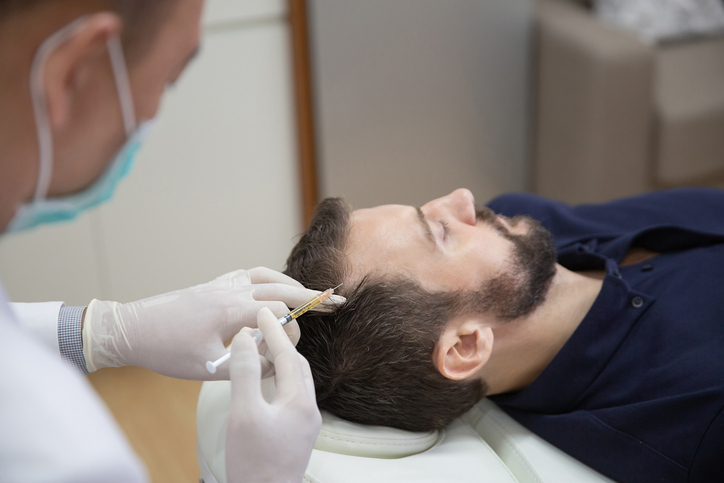Hair loss can be a distressing experience for both men and women. It can impact one’s self-esteem and confidence, leading many individuals to seek effective solutions. There are several hair loss treatments available in the market, with hair transplant being one of the most popular options. However, it’s essential to weigh the pros and cons of hair transplants against other treatments before making a decision. This article will explore the advantages and disadvantages of hair transplant compared to other hair loss treatments.
Hair Transplant:
Hair transplant is a surgical procedure that involves removing hair follicles from one part of the body, usually the back of the scalp, and implanting them into areas where hair loss has occurred. This treatment offers several advantages. Firstly, it provides natural-looking and permanent results. The transplanted hair continues to grow like regular hair, allowing individuals to style it as they please.
Moreover, hair transplant is a one-time procedure, eliminating the need for continuous treatments or maintenance. Once the transplanted hair has taken root, it requires no special care apart from regular washing and grooming. Additionally, the procedure has a high success rate, making it a reliable option for long-term hair restoration.
However, hair transplant also comes with some drawbacks. It is an invasive procedure that involves anaesthesia and carries the risk of complications, such as infection, bleeding, or scarring. The recovery period can vary from a few days to several weeks, during which time patients may experience discomfort or swelling. Another limitation is the cost. Hair transplant procedures can be quite expensive, depending on the extent of hair loss and the number of grafts required.
Medications:
There are various medications available for hair loss, with the most common being minoxidil and finasteride. Minoxidil is a topical solution applied to the scalp, while finasteride is an oral medication. These medications work in different ways to stimulate hair growth and slow down hair loss.
One of the significant advantages of medications is their non-invasive nature. They are easy to use and do not require any surgical procedures. They can be used at home without the need for medical supervision. Medications are also generally more affordable compared to hair transplant procedures, making them accessible to a wider range of individuals.
However, medications have their limitations as well. They are not suitable for everyone and may not work effectively in all cases. Results can vary, and the regrowth of hair may be limited. Medications need to be used continuously to maintain the benefits, as discontinuing them often leads to the reversal of hair growth. Furthermore, some individuals may experience side effects, such as scalp irritation or sexual dysfunction, when using these medications.
Topical Treatments:
In addition to medications, various topical treatments are available for hair loss, such as shampoos, serums, and conditioners. These products typically contain ingredients that nourish the scalp and hair follicles, promoting healthy hair growth.
Topical treatments offer convenience and ease of use. They can be incorporated into one’s regular hair care routine without any additional steps. They are also non-invasive and generally have a lower risk of side effects compared to medications.
However, the efficacy of topical treatments can vary, and results may not be as noticeable or significant as with other treatments. They often require long-term and consistent use to maintain any improvements. It’s important to note that not all topical treatments are supported by strong scientific evidence, so it’s crucial to research and choose reputable products.
In conclusion, when considering hair loss treatments, weighing the pros and cons of each option is essential. Hair transplant offers permanent and natural-looking results but involves surgery, recovery time, and higher costs. Medications provide non-invasive options but may have limitations and potential side effects. Topical treatments are convenient but may offer less noticeable results and require long-term use.
Ultimately, the choice of treatment depends on individual preferences, budget, and the extent of hair loss. Consulting with a qualified medical professional or hair restoration specialist is crucial to make an informed decision based on personalized advice and a thorough evaluation of one’s condition.





